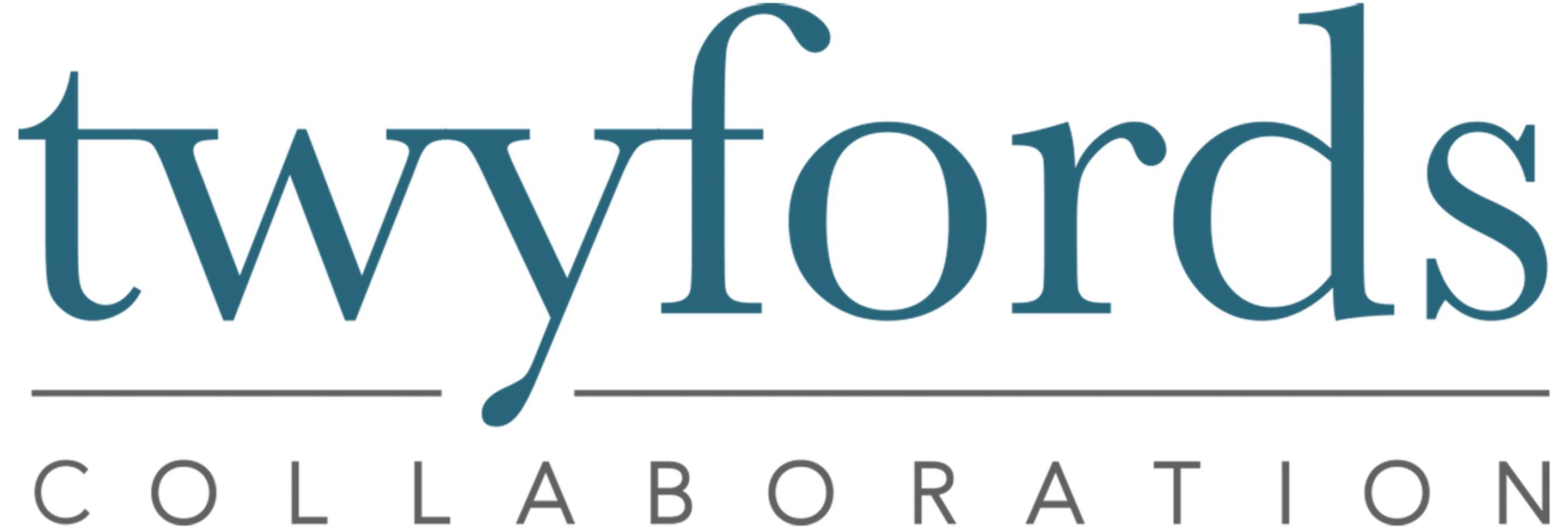So you have a complex project to tackle and recognise the need to work closely with staff and other stakeholders to get it done. Or you are into co-design and want to create something marvellous together. Of course, this means you’ll be collaborating. But will your collaboration be fact or fairytale?
Take a look at and you can decide for yourself. In our fairytale we tell ourselves it’s about our stakeholders, but in reality it’s about us. Let’s work through some simple examples:
Collaboration Fairytale Number 1
We talk a lot with our stakeholders, therefore we are collaborating. But what we are really doing is kidding ourselves that more talk = collaboration. In fact our talk carefully avoids important issues such as trust, power and relationships, so we can never resolve these sticking points. As a consequence, we go around in circles, we have to keep talking more. The hard problems never go away.
Collaboration Fairytale Number 2
We give them all the data they ask for, therefore we are collaborating. But really we are trapped in an endless loop of requests for more data. They don’t trust us so keep digging for evidence of wrongdoing. We get stuck trying to defend our conclusions and we can never seem to provide enough evidence to please them. The work gets bogged down and the relationship just gets worse.
Collaboration Fairytale Number 3
We get together for collaboration workshops every month, therefore we are collaborating. But in truth we use these events as excuses to stick with business as usual the other 95% of the time. So we aren’t really working together and nothing changes.
If you say you are collaborating but getting outcomes that look like going around in circles, endless to-and-fro about data and evidence, or business as usual when you need something different, perhaps you are living in a fairytale. It’s time to not just talk about collaborating, but to start actually doing it differently.
Instead of ineffective talk about collaboration, get stuck in to doing the work together. Rather than being trapped in the data/mistrust loop, find ways to explore what’s really driving them to mistrust your evidence and learn to generate data together. Instead of focussing on collaboration events, make all your work collaborative. Doing so you will deliver outcomes, not just talk; more trust and an ability to transcend quibbles about data; and real change, one conversation at a time.
Don’t be fooled by the collaboration fairytale. If you want different outcomes on your project you have to do things differently, not just tell yourselves that you are collaborating.
